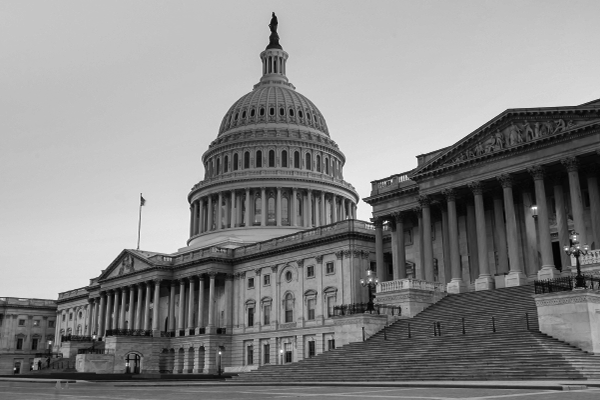The New Effort to Repeal the RFS
A bipartisan trio of Senators, including John Barrasso (R-WY), Mark Pryor (D-AR), and Pat Toomey (R-PA), introduced legislation last week in the hopes of repealing the Renewable Fuel Standard (RFS) in place since 2005. Under that legislation and subsequent revisions, 36 billion gallons of renewable fuels are required to be blended into the country’s transportation fuels by 2022.
Advocates of the RFS say that the policy protects the environment by lowering greenhouse gas emissions and lowers prices at the gas pump. Additionally, proponents believe the EPA policy will encourage acceleration of alternative energy innovation and create jobs in a developing industry. They also cite the usage of U.S. biofuels, primarily corn-based ethanol, as a tool to increase energy security as the nation becomes less dependent on foreign energy sources.
Opponents of the RFS say that the bill, known as “The Renewable Fuel Standard Repeal Act” (S.1195), is essential to curb rising costs of food for Americans resulting from the increased usage of the nation’s corn crop as fuel. They also claim a reversal of the RFS will protect consumer vehicles against unproven fuel compatibility claiming that increased ethanol blending will create widespread damage to various motors and open automobile and other engine manufacturers to liability and litigation. Finally, RFS detractors refute the idea that fuel blending helps lower costs at the pump and feels that repeal of RFS will actually lead to more affordable fuel costs for consumers.
The RFS came into existence as part of the 2005 Energy Policy Act (EPAct) and was expanded in 2007 as under the Energy Independence and Security Act (EISA). Recently, parties on both sides of the RFS debate have been concerned with the possibility of the approaching “blend wall”, which may restrict the RFS from being implemented at the levels previously prescribed. The blend wall is the theoretical point at which technology, infrastructure and markets make it impossible to meet current RFS mandates. Some studies predict the industry will reach this “blend wall” within the next 2-3 years.
Identical language to S.1195 was offered as an amendment to this year’s Farm Bill (S.954) by Senators Toomey and Barrasso in May but was not adopted by the Senate. By issuing the act as a stand-alone bill with bipartisan support the trio hopes to encourage dialogue and reconsideration of the controversial renewable fuel standard.
Policy Associate Landon Stevens contributed to this post.


